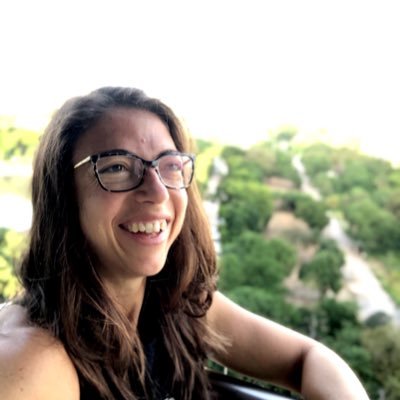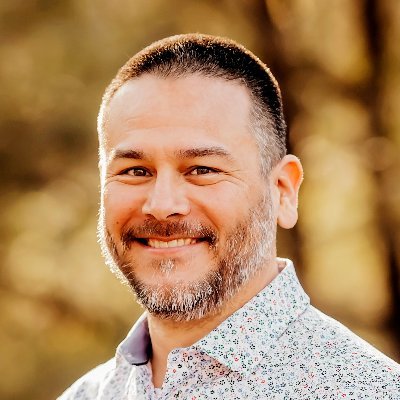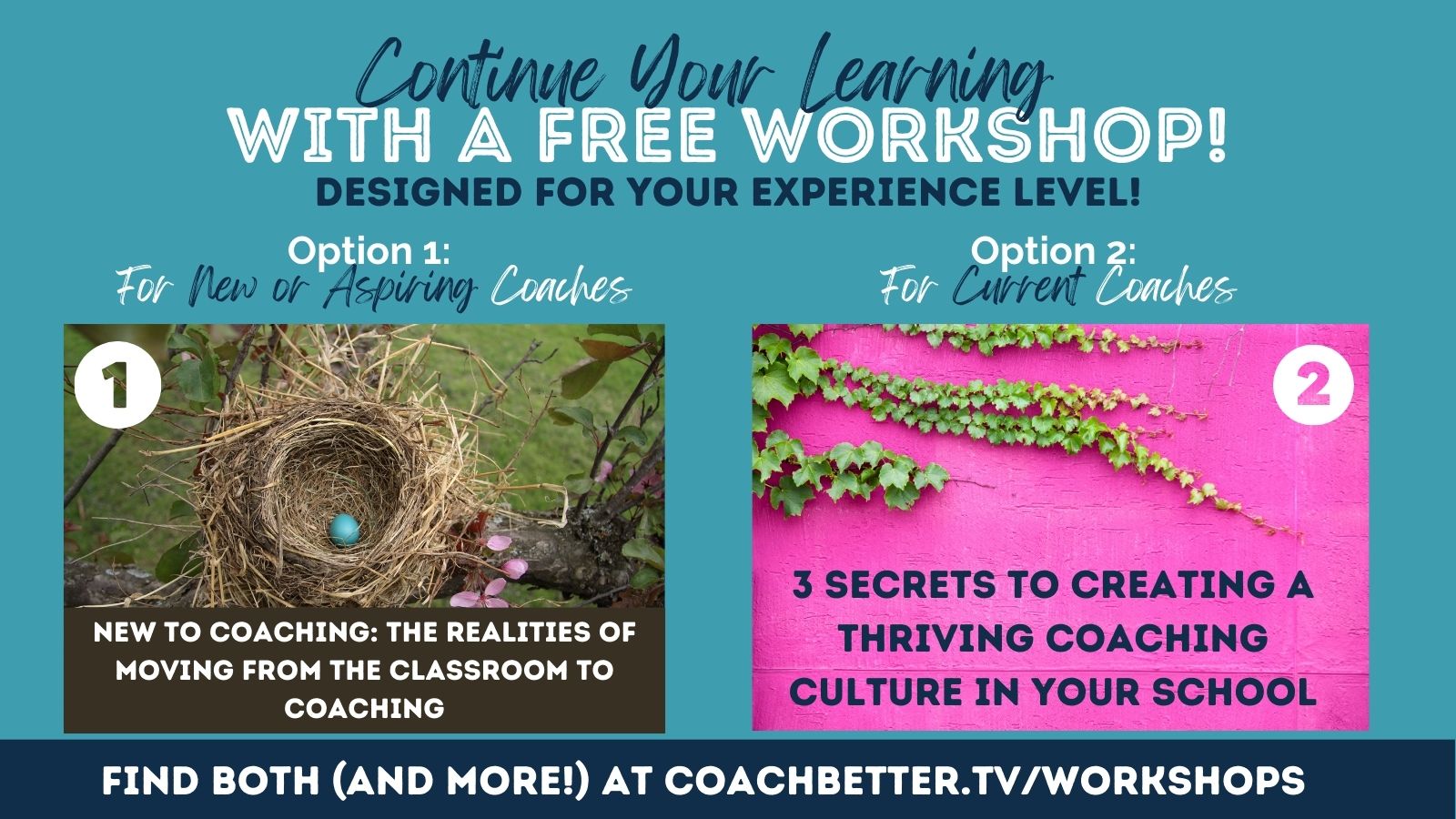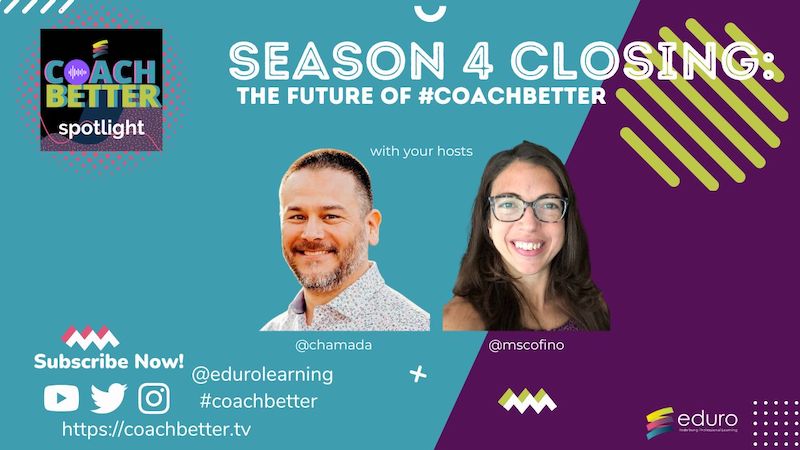In this #coachbetter episode, Kim and Clint are chatting about our mission to bring consistent and sustainable coaching practices to international schools. We are super excited about this focus and direction for Eduro and #coachbetter and we’d love to hear your thoughts too! After you listen, send us a message @edurolearning on Instagram or Twitter, and let us know what you think! And don’t forget to head over to our website at coachbetter.tv to get all of our resources for instructional coaches!
Subscribe to #coachbetter via your favorite Podcast Player!
Featured Guests


Bonus! Watch the Spotlight Version on YouTube!
SHOW NOTES
Kim: So this has been a real year of aha moments for me. And I don’t talk about them so much on the podcast because I’m often having a more in-depth conversation with somebody else. And I appreciate the time, Clint, that we have right now to talk about this. so I had a couple of aha moments earlier in this academic year and just realize that I really want to be helping coaches in schools build sustainable, successful instructional coaching programs in their schools, especially in international schools. And one of the ways that I can do that is through this podcast and through the courses that I offer. And so I’m really looking at a much closer focus on instructional coaching, which I know I say that and everyone listening is like, yeah, that’s what you already talk about. But for me, behind the scenes, it’s much easier.
Kim: Now I’m really thinking about how to focus in on that and to do that. In addition to continuing to offer this podcast and to continuing to offer the coach certificate and mentorship program, we are going to offer two new courses in the next academic year. One is called Getting Started as a Coach. And that’s for new coaches. people who wanna be coaches are brand new to coaching and Coaches as Leaders. And that’s for more experienced coaches who feel really strong in their coaching practice, but they really want to start leveraging their leadership and be looking towards that more formal aspect of leadership. And so those two courses are going to complement that main course of The Coach Certificate and Mentorship Program. So if you’re new to coaching, you’re getting started as a coach, you want to make that mindset and skillset shift to be successful, to move from the classroom to coaching. Getting Started as a Coach will be for you. If you’re in your coaching role right now and you want to be more intentional when you’re with your coaching practice and building your coaching program, The Coach is for you. And if you’re been a coach for years and you feel like you really want to leverage your leadership, Coaches as Leaders is for you. And the exciting piece about that is now that we have those three courses, I am going to be connecting the people in those three courses to each other through our The Coach global community. So there’ll be opportunities to have group coaching calls where you get to talk to coaches in all different, levels of their professional development. There’ll be o opportunities for office hours to work with me and there’ll be live events like teaching events that I’ll do that will be free for people in those three courses. That’s kind of like the big future that’s coming for the coach in Eduro.
Clint: I think the ability to have multiple entry points and doesn’t matter where you are in your, in the stage of your own professional learning, in your own professional growth, that there’s something there for you. And I can think probably for me at any given time, dipping into all three of those resources is helpful. Like sometimes I just need that reminder of like, oh yeah, those are some really strong instructional coaching practices or things that I can think about. You can learn so much from the people around you because you get kind of caught in your own little, I don’t wanna say a rut, but your own little routine inside your school or inside your practice that you just hear something that shocked you.
Clint: It’s been three years really since we’ve had face to face professional learning. And if you think about what people love about or certainly what I love about professional learning opportunities, it’s great to go to the sessions. It’s great to go and be like, oh, I heard Kim talk about this, or Oh, I heard so and so talk about that. Or Oh yeah, I learned about this, you know, fancy new protocol or whatever. But it’s always those conversations that you have in the hallways while you’re waiting after hours and you meet with those people and you’re like, oh, these are my people. And, and listening to that description of what that global coach community could be, will be, reminds me of that. I think, you know, everybody rails on about how terrible Covid was and blah, blah, blah. But I do think what it’s done is it’s really normalized the ability for people to connect online like this, be comfortable connecting online like this, and seeing the value. I don’t want to say it’s a replacement but in addition to that face-to-face. So people really look forward to having these group calls and getting the value out of these group calls. You can do it, you know, regardless of your professional learning funds or your time commitments or how many kids you have at home. Like, you have that ability. And I think that’s amazing.
Kim: And it’s interesting, I was talking to Pana Asavavatana, who runs the Early Years Exchange Conference, and that just like you’re saying, started because of Covid, they weren’t able to do it face-to-face. And what they discovered from running that conference is the value of being able to be in the room. And I understand it’s still a virtual room, but with people from all over the world, when if you’re going to a face-to-face conference, if you’re in the EARCOS region, it’s probably somewhere in the EARCOS region. You’re not flying, let’s say out of Florida for your teachers conference in most cases. So anybody who’s on the America side of that conversation is probably not going to be talking to people who are on the Asia side of that conversation. But in international schools, we are more similar to each other, farther away oftentimes than we would be if we were maybe like in a public school setting. So like there are lots of comparable schools to what’s happening in Asia that are in the Americas, and how often do they have a chance to talk together, or Africa and Asia or Africa and the Americas. Like I think that piece of coming away from Covid and recognizing the value of seeing what’s happening globally and being able to have real-time conversations with those people is definitely super valuable.
Kim: Virtual events allow you to be “in the room” with people you might never get a chance to see in person simply because of the physical distance between you. In international schools, we may have more in common with schools on the other side of the world than we do with those in our city. Virtual events and courses allow us to connect with the right colleagues at the right time.
Clint: Well, I think anything that helps you kind of cut out a lot of the noise to find the people that you want to connect with is really important. I mean that was the beauty of Twitter back in, what was it I think the first time I used Twitter was at Learning 2, in 2008.
Clint: Something like that. and that was great because there weren’t a lot, there weren’t really a lot of people there, there weren’t really a lot of educators there, but you could easily find those educators. Now it’s a lot harder to separate, the wheat from the chaff, I feel like. and so having communities that you can join that are really focused on what it is that you are really focused on, I think is super important. And then of course, within that larger community, you’ll then find your community within the community. But knowing that you have a widespread support network who is there ready to talk coaching, instructional coaching strategies, for getting commitment from your leadership or like how do I get started What was it like for you and I think even that ability to have like experience and new coach kind of mentorship partnership.
What’s YOUR level of coaching mastery?
All coaches go through various stages of coaching mastery. Once you identify where you’re at, you can begin to build the skills needed to move to the next stage.
This quiz is based on real-life case studies compiled from years of working with coaches inside The Coach Certificate & Mentorship Program!
When you receive your results, you’ll also get your matching case study from the STRIVE Case Studies to see where you fit in the stages of coaching mastery.
Ready to tackle your challenges and move on to the next level in YOUR coaching practice?

The STRIVE Model of Coaching Mastery quiz will help you identify your level of coaching mastery by matching you with case studies compiled from years of working with coaches inside The Coach Certificate & Mentorship Program so you can easily see where you fit!
You’ll go straight to the Quiz, and get the Case Study Document via email.
Show Notes continued…
Clint: Online courses and communities allow you to build a widespread support network focused on your specific interests so you can get straight to the learning that supports your goals, without having to spend so much time separating the wheat from the chaff.
Clint: You know, I know as, as a new coach to be able to talk to somebody about, well, talk to me about what those experiences are. Obviously, that’s super valuable, but, but also as an experienced coach like talking this out with somebody just helps clarify things in your own mind. It gives you that experience and that confidence to talk to anybody Yes. About what it is you do and the value that you do. And it really just helps you solidify what your philosophy is and what your values are and what it means to you and what it can mean to that school. And I think that really shines through when you’re having those conversations with your principal or your head of school or your next head of school. you know, it’s great to just have that confidence in your own understanding.
Kim: And it’s really interesting like this, so I don’t how closely you’ve been watching, but we shifted the schedule for joining The Coach this year. Normally the intake is in February and the cohort starts in May this year. I wanted to make it align a little bit better with the school year calendar. So we had an additional intake in November and they just started in January. And it’s really interesting to see how many of them are not in coaching positions in their school right now, but their leadership is supportive of bringing coaching to the school. But they’re joining the program to help figure out how to build a successful coaching program so they can kind of pitch it to their school leader. And what I am seeing in those conversations, and I have been seeing for years, is that so many coaches are needing to build up the profile of coaching in their school because we know in international schools there’s not really a common vision of what coaching is.
Kim: So many coaches want to build up the profile of coaching in their school but it’s challenging, because we know (especially in international schools) there’s not really a common vision of what coaching is, or common language or standards of practice for instructional coaching in international schools. Instructional coaching in international schools struggles because there’s a lack of consistency in implementation from one school to another, so teachers (and coaches) can have vastly different experiences in different schools but it’s all labeled the same thing: “coaching”.
Kim: There’s not really common language or standards or practices around instructional coaching in international schools. And that’s, that’s what I wanna focus on. I wanna bring that to international schools. So when you are a coach in one school and you move to another school, there’s some level of consistency and expectation there. When you’re a teacher in one school and you work with a coach, you go to another school and there’s some level of consistency there. I think there’s a lot of gray area with coaching, but educators in schools are starting to see the value of coaching and they wanna bring it to their school community. So mm-hmm. this space can help you do that.
Clint: I think that consistency is super important, right I think there are instances where maybe a teacher didn’t feel like they got that value from their coach. And a lot of that might be because for, for a myriad of reasons. So how do we also help, how do we help like identify that structure and identify that purpose for these schools so that teachers who may have felt burnt once, right And we all know how teachers are I’ll try anything once, but if it doesn’t work, I’m out. Never again.
Clint: Right back from like that pilot prototype mindset. How do we get them to prototype their coaching experiences rather than, oh, I did it once, it didn’t work, it’s a waste of my time, I’m not doing that again. And help the coaching community realize or identify what some of those issues might be, why some of those people might be reticent. And really just kind of focus in on what, what we can do to support those features as well to bring them into the fold if you like. And give them a positive experience so that they’ll be like, oh actually I can see a lot of value in this. I can see how this is helping my own practice. I can see how this is helping student learning. I can see how this is helping school culture. There are so many aspects to that.
Clint: When teachers have a negative experience with coaching, and feel like it was a waste of their time, they’re unlikely to be willing to commit the time again. We need teachers to see how coaching helps improve their practice, student learning and school culture.
Kim: I feel like that story, that lens on coaching needs to really be elevated. And so I’m writing a book chapter for a handbook that’s coming out maybe in the fall. I know the chapter is due in May and this episode’s gonna air after that. So I’ll be done with it by the time this episode airs. But right now I’ve only just submitted the proposal and I’m really excited to like just flesh out those thoughts about the value of coaching, particularly in international schools, in an international school context, to help coaches be able to articulate that for their school leaders. To help school leaders see the value of coaching and why they might wanna invest in this kind of position. And maybe even teachers are reading and saying maybe I can give coaching another look. Like even if I did have a bad experience one time, there’s potential for when all the best practices are in place. There’s potential for this to be a really strong opportunity for me to grow because I think the teachers that work in the schools that we’re talking about, they’re passionate, engaged, active participants in their professional growth, they want to be better. Like that’s why they’re working in these great high-performing schools. So coaches are going to just help them maximize that potential, help them grow even further than maybe they would on their own.
Continue Your Learning!
If you’re ready to dig deeper into being more intentional in your coaching practice – or if you’re new to instructional coaching and you’re curious about getting started, join us for one of our courses for coaches!
To learn more about these options, we have two FREE workshops to share with you.

For New or Aspiring Coaches
If you’re just getting started as a coach, and you want to be successful in your early years, watch our New to Coaching Workshop, which highlights the key mindset and skill set shifts you’ll need when moving from the classroom to a coaching role. The workshop will also tell you all about our brand new course, Getting Started as a Coach. This course is specifically designed for classroom teachers that are moving into a coaching role so you’re prepared for the transition. It’s focused on exactly the skillset & mindset shifts you need so you can be successful in your first years as an instructional coach.
For Experienced Coaches
If you’re already a coach & you want to think about being more intentional & strategic in your practice, watch our workshop on the Thrive Model for Coaching Success which will help you evaluate your program and your practice to see where you may have room to grow. You’ll walk away with a clear picture of exactly what you need to focus on to build a thriving coaching culture – and help you decide if our year-long mentorship and certification program, The Coach, is right for you, right now. This program is designed for current coaches who are focused on building a coaching culture through intentional and strategic coaching work at all levels – with teachers and school leaders.
You can find both workshops on our coachbetter website at coachbetter.tv/workshops
Wherever you are in your coaching journey, we can support you!
For All Coaches
Connect with us!
Subscribe to the podcast iTunes | Spotify | Stitcher
Follow us on social media: Twitter | Instagram | LinkedIn
Join our #coachbetter Facebook group





Recent Comments